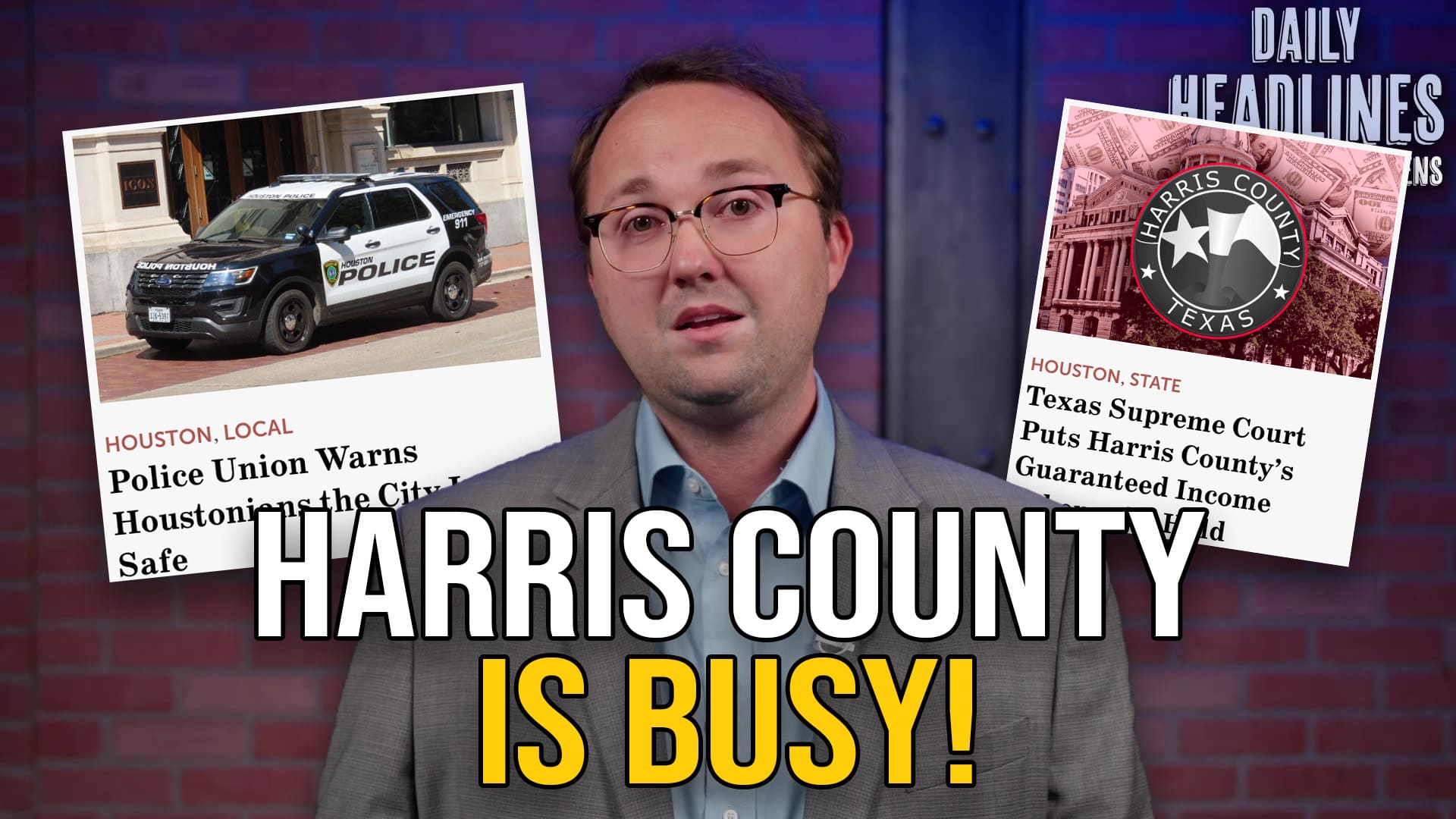There are a lot of quirky phrases we use every day, and everyone knows what we mean when we say them, even if we don’t exactly know where they come from … phrases like “face the music” or “keep your eyes peeled.” I’m honored to have my brain picked, but I’m worried when someone says they have a bone to pick with me.
Perhaps my favorite such phrase is “Idle hands are the Devil’s workshop.” Okay, “favorite” might be a stretch. Perhaps it is better to say that phrase has been used often in my life, directed at me … by myself as often as by others.
No one gets in more trouble than someone who is idle. We were made to be active and productive. Something deep within our created spirit knows that “doing nothing” isn’t natural, and so in idleness, we start doing what we shouldn’t.
St. Paul addressed that in his second letter to the people of Thessalonica. In the NIV translation, the letter warns the readers “to keep away from every believer who is idle and disruptive and does not live according to the teaching you received from us.” In the ESV, it is rendered as “keep away from any brother who is walking in idleness and not in accord with the tradition that you received from us.”
Whichever of those you prefer, the ordering is purposeful. The warning is against spending time with those believers – those “brothers” – who are idle. Like a virus, the state of being idle is a degenerative disease. When it grips its victim, even the “believer” is drawn into disruptive activities and – very quickly – outright sin. As Paul later adds, “some among you walk in idleness, not busy at work, but busybodies.”
We see this all the time.
In my experience, lawmakers go bad – and get trapped in scandal – because they spend free time away from their families, friends, and the accountability of honest work back home. They end up hanging out in places they shouldn’t with bad company, rather than making the effort to go home – even if it is to “face the music” from their constituents. They justify it by the sympathy-inducing claim of needing to “get rest.” But more often than not, that “rest” turns into idleness, which leads to distractions that are altogether unrighteous.
A friend, who knows himself and his own susceptibility to vice, likes to say he can get rest when he’s dead. That’s probably the right way to look at it, scripturally. By the standard of St. Paul’s life, I certainly think he would agree with the sentiment.
In his letter to the Galatians, Paul made a pretty explicit promise. “And let us not grow weary of doing good, for in due season we will reap if we do not give up.”
I take that to mean this: When I am feeling weighed down by a calling to be in the fight, I need to fight harder. When I’m feeling tired of being engaged, I need to look for more to do. I am called to be faithful in fighting forward.
Our high calling as citizens is to never, never, never give up. But our even higher calling, as a people of faith, is to keep pressing upward in doing good.





